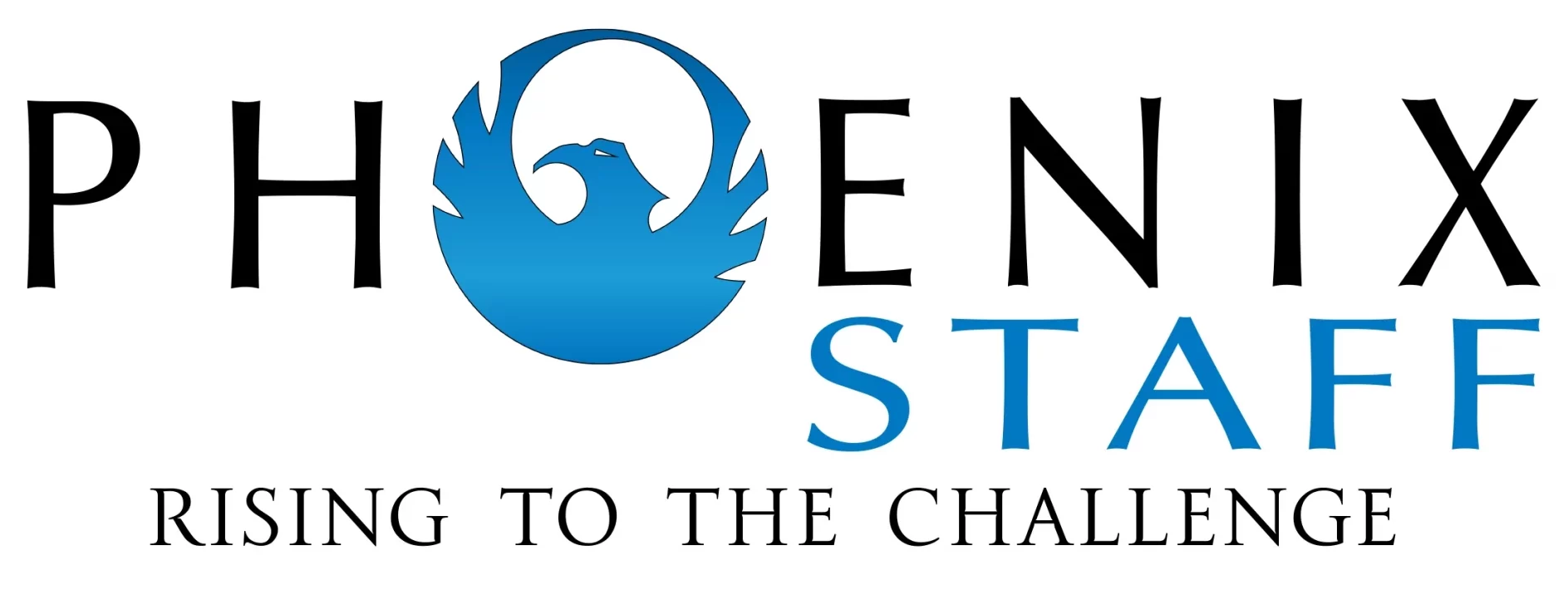It is frustrating to think that in a time when technology has made so many amazing advancements, that your resume is still an important part of landing you a job, but it is. As much as we would all like to see it disappear, it just doesn’t want to die. So, with that said, how can you be sure that you are doing your level best to get “seen” after you write one?
This is not an exhaustive list of do’s and don’ts, by the way, it is merely one guys opinion on how to make yourself more visible, more relevant and hopefully, more “hireable”.
Don’t send a cover letter unless you have it addressed to a specific hiring manager, are sending it directly to them and you have altered it (it isn’t one that you send to everyone) to match perfectly with the job description. A canned cover letter is outdated, irrelevant, gets passed over and, if you have any errors in punctuation or grammar on it and your resume, it will give the hiring manager or HR person two reasons to bypass you. In other words, there are more reasons to NOT send a cover letter than there are to send one – just eliminate it.
If you really think that the job description was “written just for you”, keep it to yourself. Hiring managers and HR professionals hear this all day every day and it wears them down and is trite. The description was written to fill a role and it may be a description that they simply cut and pasted from one that they posted back in 1986 (unless you are applying to meltmedia, who has the coolest job descriptions EVER!). The hiring manager may, quite honestly, not even remember what it says themselves, so for you to say that could potentially make them feel bad. Focus on what you bring to the table as it relates to what is in the description, certainly, but to state that it was written for you could make you sound a bit egotistical and make you a non-contender. If you see specific things in the job description that you are really, really great at – please be sure you have them spelled out in your resume with as much emphasis as they have in the description (or more). If you see things in your resume that are completely irrelevant to the role, downplay them, remove them or determine how and where they might fit with the role before deciding to leave them in the resume, or God forbid, highlighting them.
Have you ever heard, “you are overqualified?” This is almost always a direct result of saying too much either in your resume or in the interview. You are given the playbook – the job description says, we need XYZ – this is what they need and they have told you! If you go in to it with a resume that says, “not only can I do XYZ, but wait until you see how awesome I am at all the other letters too!” You have just made yourself overqualified. Once you are hired you can accentuate your many other talents and abilities, for the first phase though, show that you can do the role as described. If they want to know more, they will ask you for more. Over-sharing, in my experience, has never bode well for an interview. You can talk yourself right out of the job by saying too much in a cover letter or in an interview, “you need me to do that? It is only 1/10th of what I did at my last company, should be very easy.” You are doing your best to sell your abilities, makes sense, but you are also talking down to the person interviewing you and making yourself win the award for the most likely to be bored candidate in the running. Keep your resume succinct and compare it – even if side by side – with the job description. As I mentioned in an earlier post, if they spell a technology or certain thing one way and you spell it differently – change it to how they have it. If you are going up against an ATS, you will lose by having it your way and not theirs. Just remember to change it back to the correct terminology/spelling prior to the next time you apply.
Apply to companies, not just open jobs. Many people are reluctant when they don’t see a specific job posted – don’t be. When companies are hiring, they are often hiring in multiple areas throughout the company- maybe the manager hasn’t had time to let HR know, maybe HR is doing a confidential search to replace someone who doesn’t yet know they are being replaced. Timing is everything and yours could be perfect. When you do this, however, you need to do it creatively. Don’t simply send a resume and the dreaded cover letter – again, find relevance. Read the latest articles the company is mentioned in or see if they have any big announcements about new products or capabilities – reference those things when you reach out and say something like, “with the growth that you are experiencing as a result of ____, I am hopeful my timing is good.” Go into what you do, how it pertains and see if you can get a foot in. Another angle is to use LinkedIn and see if you are connected to anyone at the company or if someone at the company used to work at one of your previous companies or went to your same college. Get creative and utilize the technology around you to find the right people.
Make some phone calls. Again, your resume is only one small piece (hopefully a very tiny piece) of who you are. You need to connect on a different level. Try to get direct connection to the hiring authority or the HR person so that you can share another dimension with them – you and your personality. Trust me, very few people do this, it isn’t annoying if done properly and you will stand out. If you don’t do this, your resume will sound precisely like all the others and will be in a pile.
I personally do not care how many pages it is, but lots of people do. If you have a long resume (more than 4 pages), you probably fall into the earlier category of being an “over-sharer” and should change that approach. When you are struggling on keeping things short and direct, review some job descriptions and then go back and revise to align better with those. Don’t go back more than 10 years in your resume unless you have a compelling reason to do so:
- you had a stellar upward trend in your career
- you have tons of tenure at one company and have changed roles numerous times and need to express that
- you are applying for something that brings you back to something you are more interested in doing as your “next” step and need to prove that you have already done it
- you need to prove industry or domain experience exists in your background, but requires a greater than 10 year look back to get there
Similar to this article, your resume is never “done”. No matter what you paid someone to write it, they didn’t write it for every possible job that you are either qualified for or are ready and excited to accept. No matter how many times you have gone over it and had your friends edit it, there is work yet to be done. Whether you are actively or casually looking for a job, you need to make it a fluid document and add to it, delete from it or alter it in some way that presents you as appropriately as possible.

